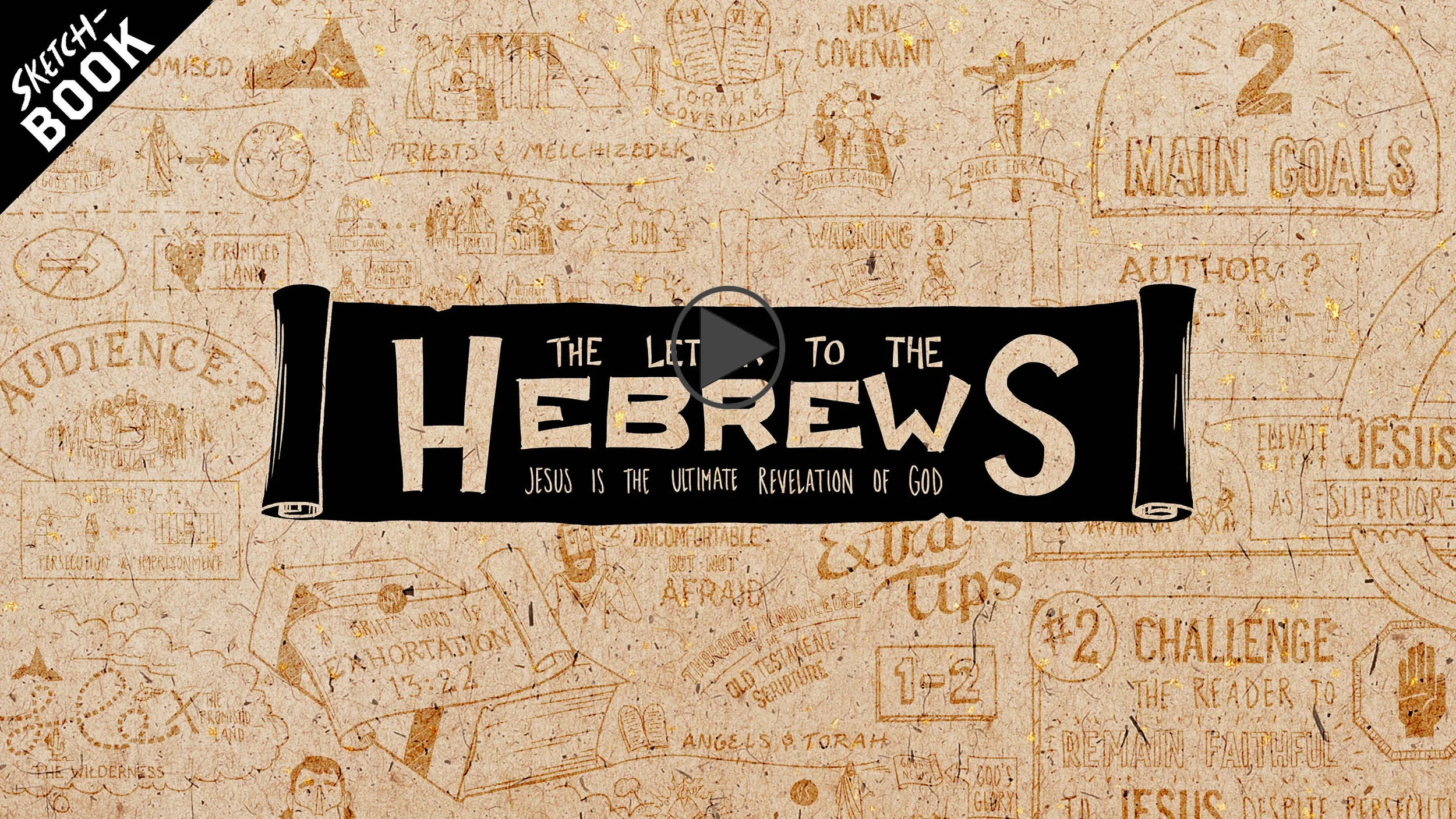This Week:
The story accelerates quickly as Jesus finally reaches Jerusalem (remember, he “set his face towards Jerusalem" in 9:51 - this has been a long movement). In the 19th chapter, Jesus enters the city on Palm Sunday, first weeping, then driving out those in the temple who were selling. In the 20th and 21st chapters, Jesus begins to teach in the temple, first challenging the religious leaders, and then speaking of the end times. By the 22nd chapter, Jesus celebrates the last supper, prays in Gethsemane and is arrested. In chapter 23 we see his trial and crucifixion, and in chapter 24 his resurrection and ascension.
In just five chapters, the core story of Christ is retold. What struck you as particularly familiar as you read through the Passion Week this time? What seemed distinctive or new?
In Luke 22:28-30, Jesus affirms his disciples and confers on them a kingdom. This is a powerful moment, but also striking, as Jesus will next predict Peter’s betrayal. Why do you think Jesus makes this pronouncement after the Last Supper?
Luke includes some fascinating resurrection accounts, including the one on the road to Emmaus, where Jesus appears to two disciples who have never been mentioned before. Are you surprised that Jesus appears to men like this whose names we rarely remember? Why does Luke include this story, rather than another one about Mary or Peter or James or John?
Note how the Gospel of Luke ends. Acts will pick up just before the final moments of Luke to weave the two books together.
Next Week:
Acts is written by the same author as Luke, and is written to the same recipient. It picks up just before the ascension of Jesus in Luke 24, and retells the ascension story, then travels to Pentecost and the birth of the church.
Acts stands for Acts of the Apostles, though it might be more appropriately called Acts of Peter and Paul. It is the only narrative we have about the beginning of the church, and as such, immensely important as we wrestle with our call to be the People of the Way.
As you read the first few chapters of Acts, pay attention to the characteristics and characters of the early church. What aspects of the church are unchanged 2,000 years later? What seems markedly different today? Are there places where we need to return to the example of the church in the book of Acts?
Keep reading and I’ll see you Sunday!
Peace,
Jim



